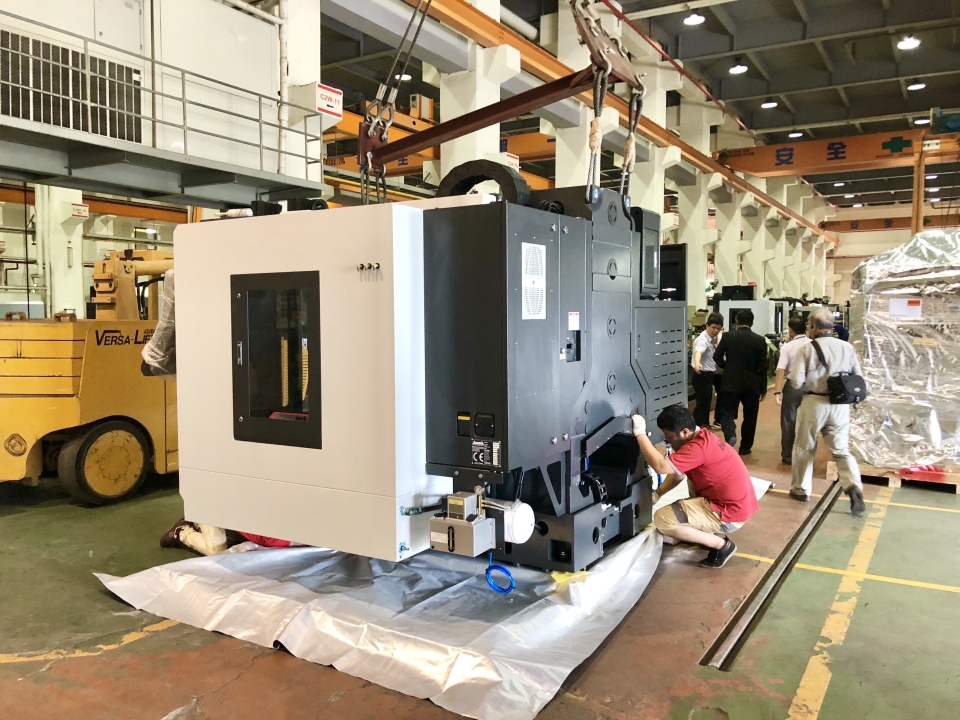TMBA Initiates Five Proposals to Revitalize Taiwan's Machine Tool Industry
2024/01/05 | By Andrew Hsu
TMBA highlighted that over 80% of Taiwan's machine tools and accessory products are globally exported. In the face of formidable international competition, there is an urgent need for the government to expedite negotiations and agreements on free trade, including with entities like the CPTPP (Comprehensive and Progressive Agreement for Trans-Pacific Partnership) and the Taiwan-US FTA (Free Trade Agreement). These efforts would assist industry practitioners in securing tariff incentives, ultimately elevating the competitiveness of their industrial exports.
The second proposal recommends that the government take inspiration from "The Automotive Research & Testing Center (ARTC)" and establish a dedicated "Taiwan Machine Tool & Accessory Testing Center." This initiative aims to expedite the standardization of the machine tool industry and assist in enhancing product reliability. TMBA has actively championed the standardization of the machine tool industry since 2020. With the support of the Industrial Development Administration (IDA) under the Ministry of Economic Affairs (MOEA), tangible results in industrial application have steadily emerged.
Amidst the challenges posed by international strategic control, Taiwan faces significant limitations in accessing key components from major Japanese and German manufacturers. Hence, as the third point, TMBA proposes that the government should focus on mastering core proprietary technologies, fostering deeper industrial applications, and prioritizing the development of domestic key components. This approach supported by policies and applications within domestic industries like plumbing and hand tools, is envisioned to strengthen Taiwan's self-reliance in crucial components.
Fourthly, TMBA expresses the hope that the government will support the establishment of "Product Category Rules (PCR)." In a bid to expedite the green transformation of the machine tool industry, TMBA has actively advocated for the adoption of Product Category Rules (PCR). This initiative aims to define a credible scope and set of rules for calculating the carbon footprint of machine tools. These established standards will serve as a benchmark for the domestic machine tool and accessory industry, enabling them to effectively manage and calculate their carbon footprint.
In the fifth position, TMBA articulates the wish for the government to continue allocating resources to support the transformation of industrial structures. TMBA's initiatives in advancing industrial standardization have garnered responses from over 200 industry operators, resulting in the creation and application of various design and quality standards within the sector. Moreover, TMBA urges the government to persist in investing resources to foster industrial standardization, fortify industrial clusters, optimize industry-specific advantages, and deepen engagement with issues related to industrial standardization through collaborative efforts involving industry, academia, and research.




